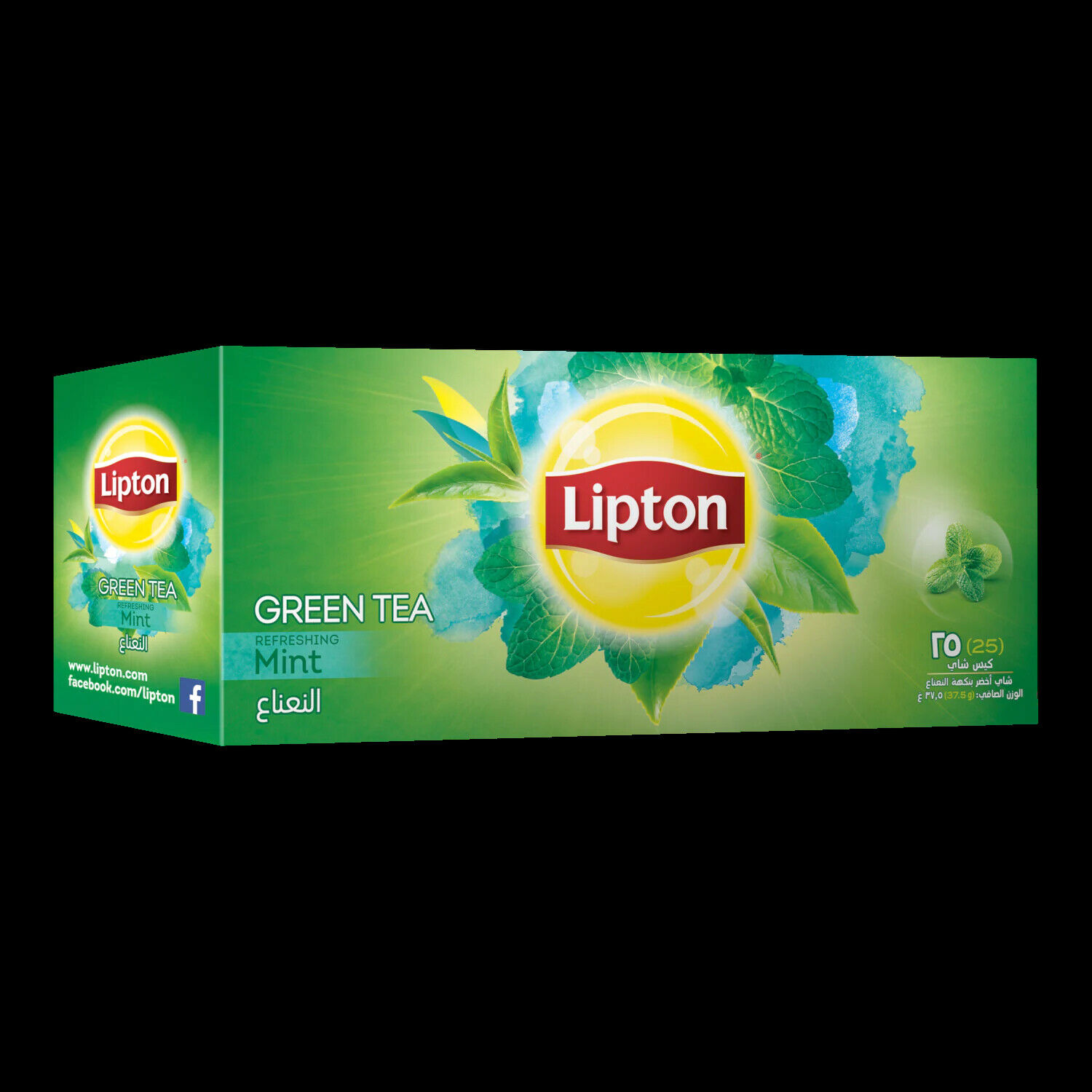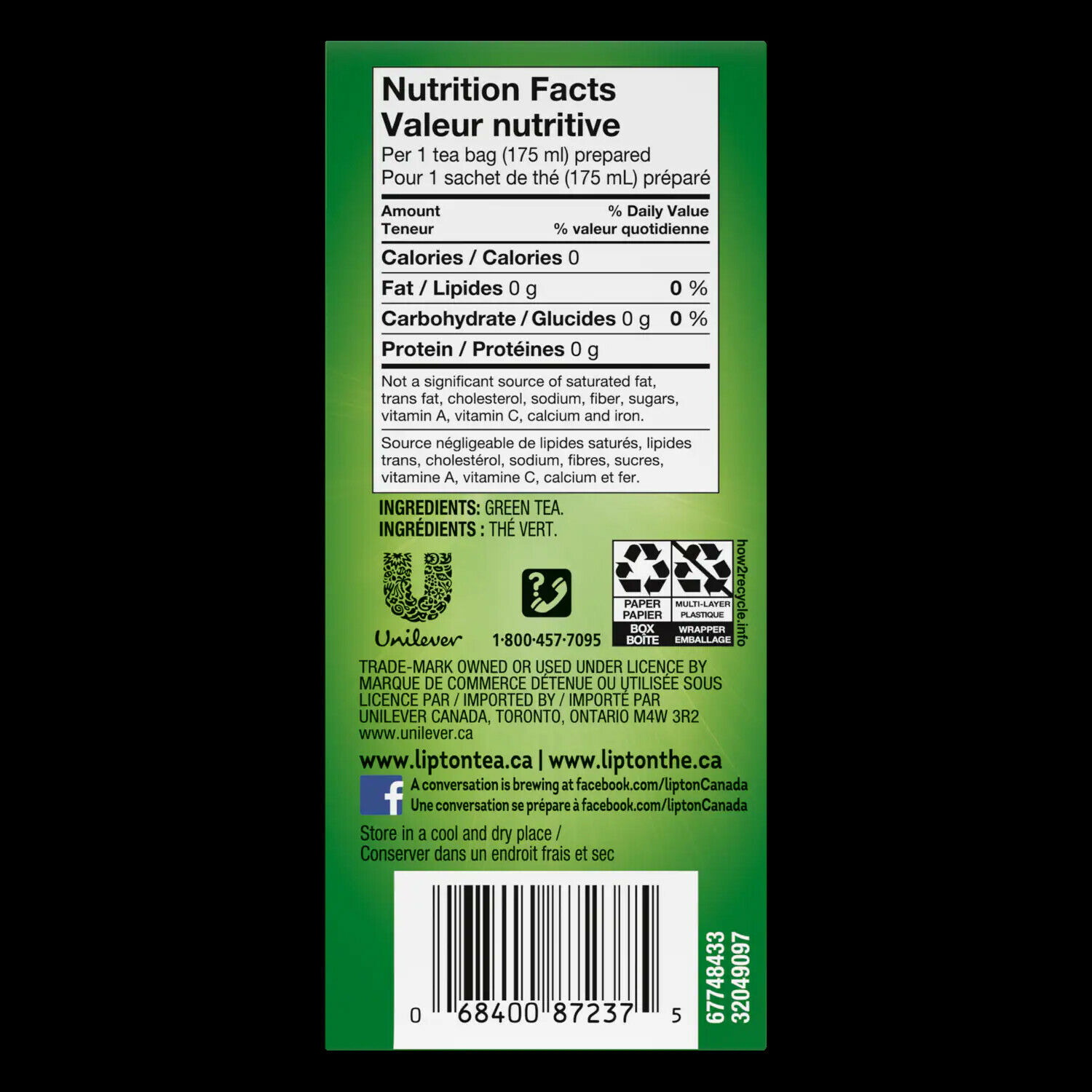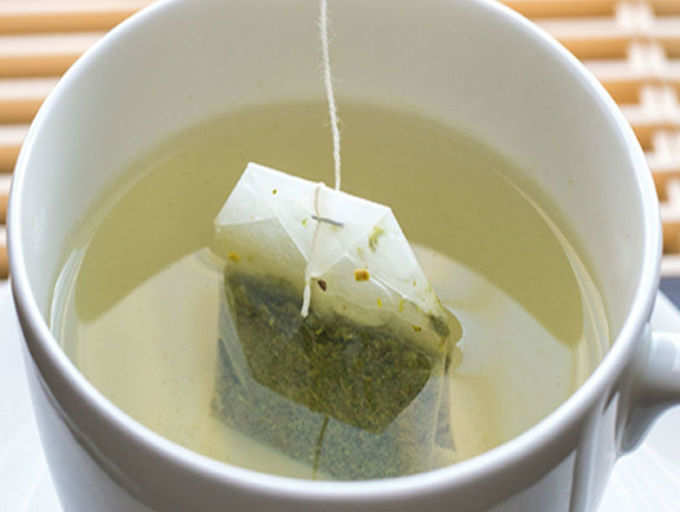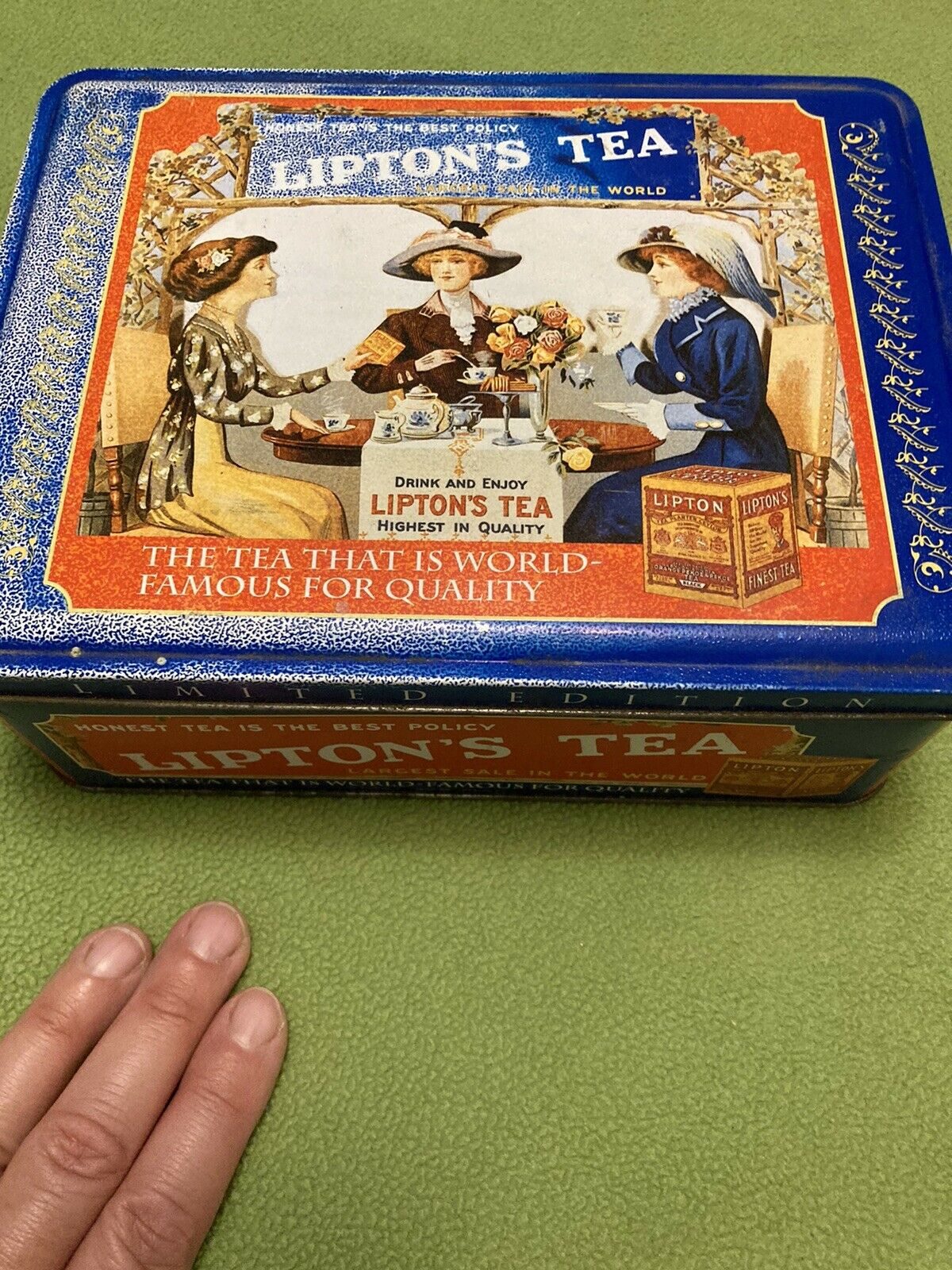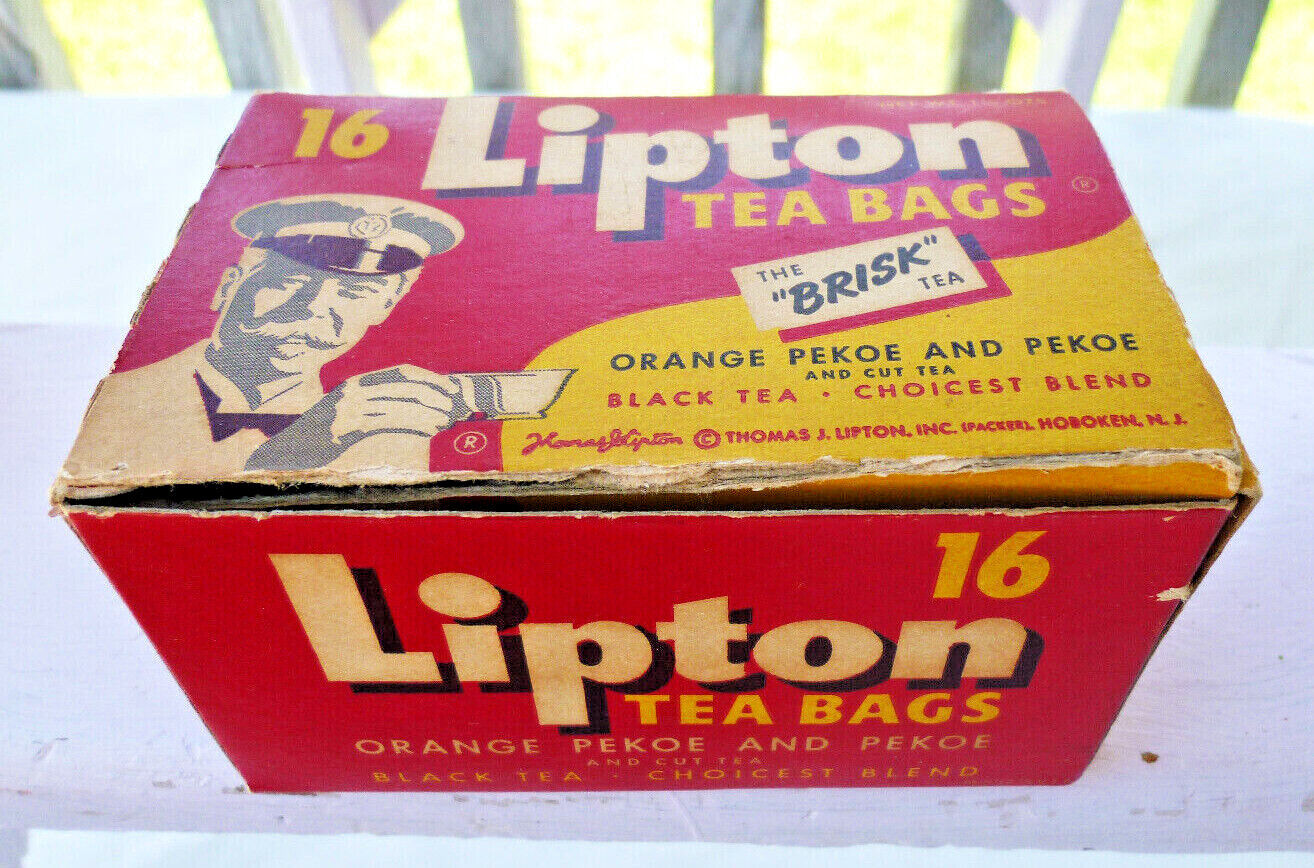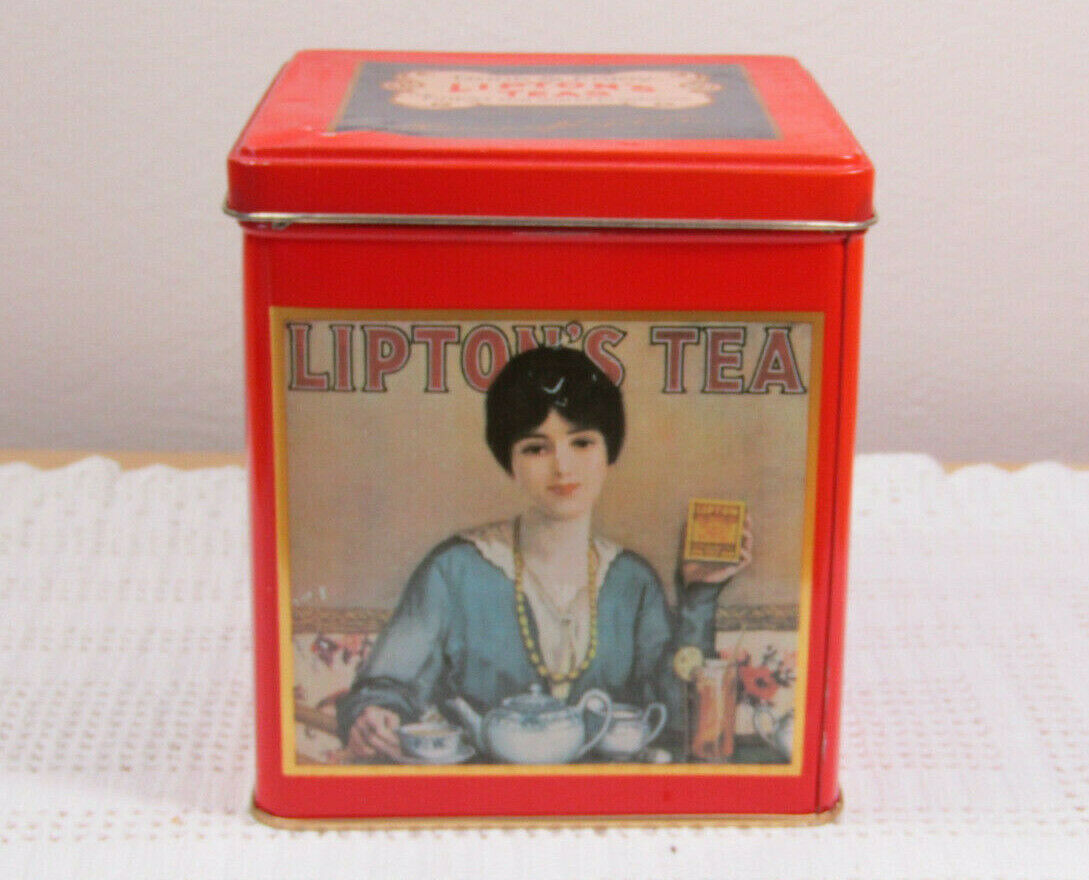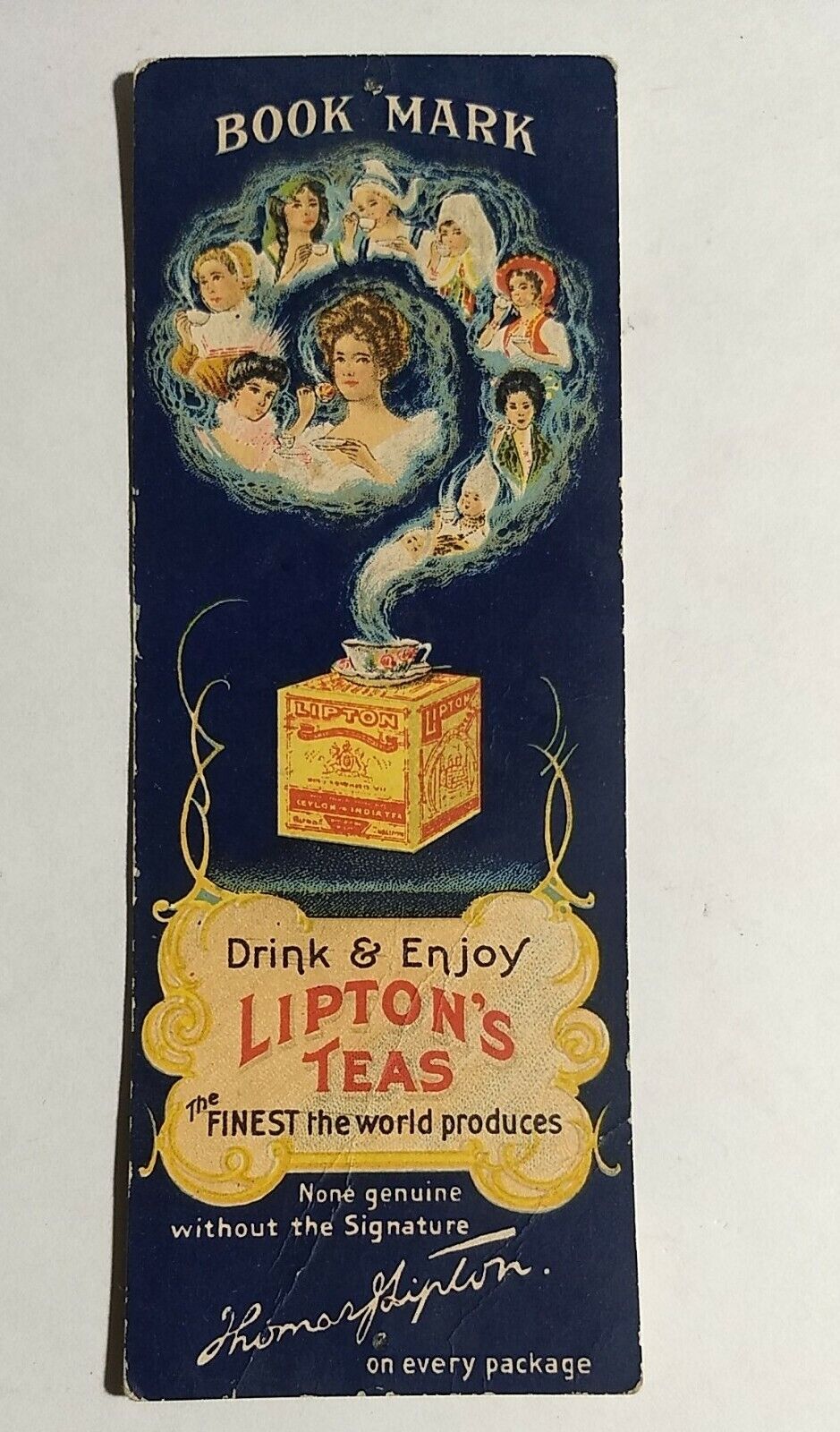-40%
Lipton Green Tea Bags for Tea Strong Taste (26 g)
$ 6.6
- Description
- Size Guide
Description
Lipton Green Tea Bags for Tea Strong Taste (26 g)Specification
Condition:
New:
A brand-new, unused, unopened, undamaged item in its original packaging
Department:
Unisex
Supply:
1 Year and Longer
Nutrition Facts Label:
Yes
Type:
Other Active Ingredient
Active Ingredients:
Green Tea
Number of Pills: 2
MPN:
does not apply
Brand:
Lipton
Main Purpose:
Weight Loss, Weight Management
Formulation:
Tea
Features:
All Natural
Ingredients:
Green Tea
Overview
Green tea is made from the Camellia sinensis plant. The dried leaves and leaf buds of Camellia sinensis are used to produce various types of teas. Green tea is prepared by steaming and pan-frying these leaves and then drying them. Other teas such as black tea and oolong tea involve processes in which the leaves are fermented (black tea) or partially fermented (oolong tea). People commonly drink green tea as a beverage.
As a prescription, green tea is used for genital warts. As a drink or supplement, it is sometimes used for high levels of cholesterol or other fats (lipids) in the blood (hyperlipidemia) and high blood pressure, to prevent heart disease, and to prevent cancer of the lining of the uterus (endometrial cancer) and ovarian cancer. It is also used for many other conditions, but there is no good scientific evidence to support these other uses.
How does it work ?
The useful parts of green tea are the leaf bud, leaf, and stem. Green tea is not fermented and is produced by steaming fresh leaves at high temperatures. During this process, it is able to maintain important molecules called polyphenols, which seem to be responsible for many of the benefits of green tea.
Polyphenols might be able to prevent inflammation and swelling, protect cartilage between the bones, and lessen joint degeneration. They also seem to be able to fight human papilloma virus (HPV) infections and reduce the growth of abnormal cells in the cervix (cervical dysplasia). Research cannot yet explain how this works.
Green tea contains 2% to 4% caffeine, which affects thinking and alertness, increases urine output, and may improve the function of brain messengers important in Parkinson's disease. Caffeine is thought to stimulate the nervous system, heart, and muscles by increasing the release of certain chemicals in the brain called "neurotransmitters."
Antioxidants and other substances in green tea might help protect the heart and blood vessels.
Uses & Effectiveness ?
Likely Effective for
Likely Genital warts. A specific green tea extract ointment (Veregen, Bradley Pharmaceuticals; Polyphenon E ointment 15%, MediGene AG) is available as a prescription product for treating genital warts. Applying the ointment for 10-16 weeks seems to clear these types of warts in 24% to 60% of patients.
Possibly Effective for
Heart disease. Population studies suggest that drinking green tea is linked to a reduced risk of clogged arteries. The link seems to be stronger in men than women. Also, people who drink at least three cups of green tea daily might have a lower risk of death from heart disease.
Cancer of the lining of the uterus (endometrial cancer). Population studies suggest that drinking green tea is linked to a reduced risk of developing endometrial cancer.
High levels of cholesterol or other fats (lipids) in the blood (hyperlipidemia). People who consume higher amounts of green tea seem to have lower levels of total cholesterol, low-density lipoprotein (LDL or "bad") cholesterol, and blood fats called triglycerides. They also seem to have higher levels of high-density lipoprotein (HDL or "good") cholesterol. Consuming green tea or taking green tea extract daily for up to 24 weeks may reduce total cholesterol and LDL cholesterol. Early research also suggests that green tea extract might reduce damage to vein and artery walls in people with high cholesterol.
High blood pressure. Drinking green tea might reduce the risk of developing high blood pressure. It might also slightly lower blood pressure in people with high blood pressure. But not all research agrees
Insufficient Evidence for
Acne. Most early research suggests that applying green tea extract to the skin reduces acne.
Decline in memory and thinking skills that occurs normally with age. Most early research suggests that taking green tea does not improve memory or thinking skills in older adults.
Abnormal protein buildup in the body (amyloidosis). Early research shows that drinking green tea or taking green tea extracts for 12 months protects against an increase in heart mass in people with amyloidosis affecting the heart.
Athletic performance. There is conflicting evidence about the effects of green tea on athletic performance. Some early research suggests that taking green tea extract as a beverage doesn't improve breathing or performance in people undergoing endurance training. But other early research shows that taking specific pills containing a component of green tea three times daily with meals for a total dose of seven pills, improves some breathing tests during exercise in healthy adults.
A blood disorder that reduces levels of protein in the blood called hemoglobin (beta-thalassemia). Patients with beta-thalassemia might develop high iron levels. Early research suggests that taking an iron chelator medication and drinking green tea after meals helps the body to remove more iron than using the iron chelator alone
Bladder cancer. Some population evidence suggests that drinking green tea is linked to a lower risk of bladder cancer. But some conflicting research exists.
Breast cancer. Population research suggests that drinking green tea is not linked to a reduced risk of breast cancer. But there is some evidence that it might be linked with a reduced risk of breast cancer development in Asian-Americans but not Asian people. Green tea might have different protective effects in people depending on their genotype or whether they have gone through menopause. In people with early-stage but not late-stage breast cancer, drinking green tea seems to be linked with a reduced risk of breast cancer recurring.
Cancer of the cervix. Research suggests that taking a specific green tea extract daily for 4 months does not affect cervical cancer risk in women with HPV infection.
Abnormal cells on the surface of the cervix (cervical dysplasia). Early research shows that taking a green tea product by mouth or applying it to the skin might reduce cervical lesions caused by human papilloma virus (HPV) infection.
Memory and thinking skills (cognitive function). Early research shows that taking a chemical found in green tea does not seem to improve cognitive function in healthy adults.
Decline in memory and thinking skills in older people that is more than what is normal for their age. Drinking green tea at least once per week might reduce the risk of a decline in memory and thinking skills in older people. Also, early research shows that taking green tea extract might help to improve memory by a small amount in older people with a decline in memory and thinking skills.
Shipping method
Free shipping for Economy shipping
For standard shipping - shipping charges may apply
Payment
We accept Paypal Transfer only ( confirm your active Paypal account before place your order)
